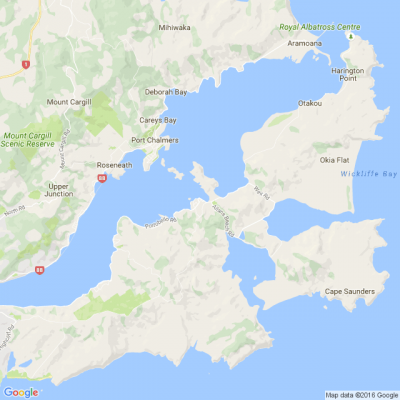
Know what’s happening
Access the private noticeboard for verified neighbours near you. Keep informed about any suspicious activity, send urgent updates to your neighbours when required and discuss emergency planning.
Get to know your neighbours
Browse the directory and start getting to know your neighbours. Don’t want to post to the whole neighbourhood? Send a private message.
Buy, sell and give away
Want to declutter your garage? Buy some used household items? Give away some garden stuff? Become a verified neighbour to browse and post items for sale. Trading is simple when everyone lives nearby.


Thank you for using Neighbourly
You may receive an email confirmation for any offer you selected. The associated companies will contact you directly to activate your requests.
The Team from NZ Compare
New Year, New Connection! How's your broadband holding up?
Have you encountered any issues with your current broadband service in the past year? Share your thoughts and let's help each other out!

The Team from NZ Compare
Do you know that even when you switch off your devices, like the TV or coffee machine, they might still be sucking up power?
But fear not! At Power Compare, we've got the tools to help you ward off these energy thieves and SAVE money. Discover how to combat vampire power and keep your … View moreDo you know that even when you switch off your devices, like the TV or coffee machine, they might still be sucking up power?
But fear not! At Power Compare, we've got the tools to help you ward off these energy thieves and SAVE money. Discover how to combat vampire power and keep your energy bills in check.
Learn more now

Mei Leng Wong Reporter from NZ Gardener & Get Growing
Dear neighbours, our readers love learning things from other readers, so we're looking for recipes for pumpkin to feature in the magazine. Send your best ones to mailbox@nzgardener.co.nz by January 26, 2024. Every published recipe wins a copy of the March issue of NZ Gardener.
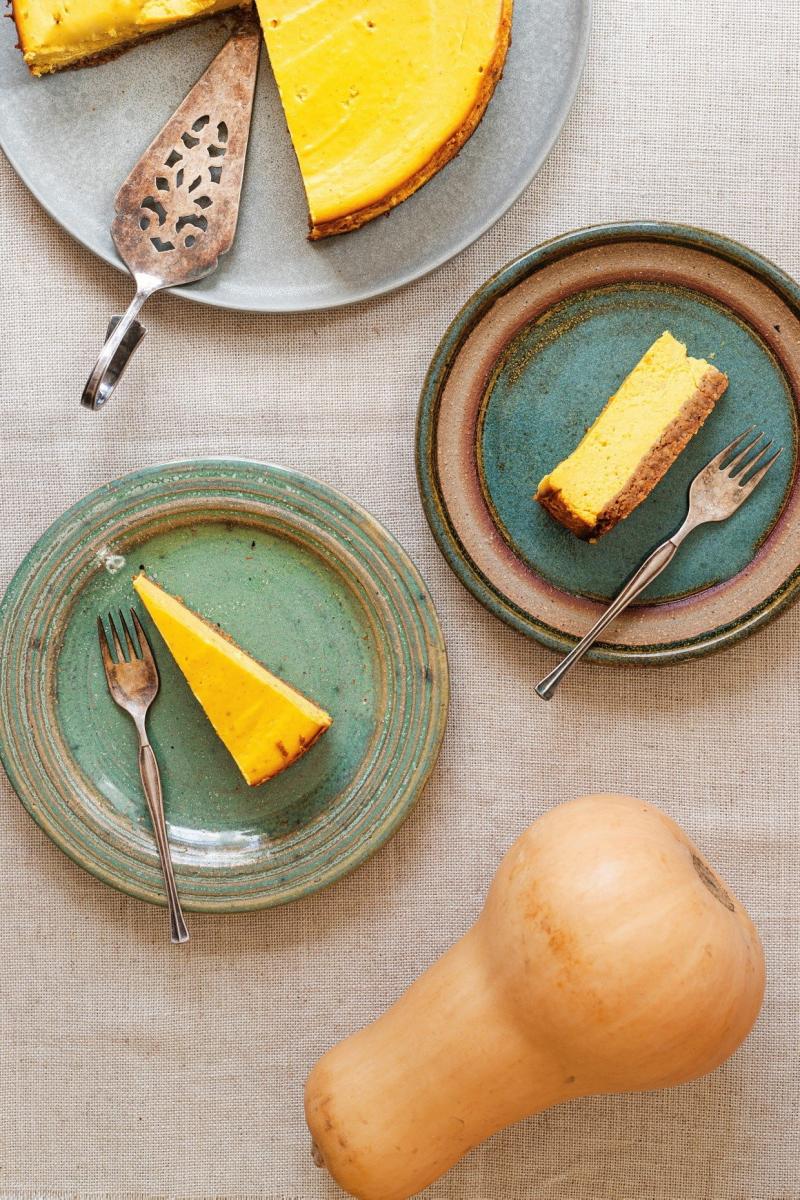
The Team from NZ Compare
Embark on a fantastic 2024 journey! WIN your share of $240 (We have 4 X $60 gift cards to giveaway).
Simply tell us which bill you want to SAVE on this year - is it your power bill, or maybe your broadband, mobile phone, or mortgage? CLICK below to participate.
NZ Compare 's 2024 goal … View moreEmbark on a fantastic 2024 journey! WIN your share of $240 (We have 4 X $60 gift cards to giveaway).
Simply tell us which bill you want to SAVE on this year - is it your power bill, or maybe your broadband, mobile phone, or mortgage? CLICK below to participate.
NZ Compare 's 2024 goal is helping more Kiwis COMPARE and SAVE!

The Team from Resene ColorShop Dunedin
Make the most of your open shelves with a refresh using Resene paints.
Find out how to bring out the best in your shelves with this easy to follow advice.

Frances Hodgkins Retirement Village
Not all Ryman residents can claim viral internet sensation status – but Patrick Hogan Retirement Village’s Doug Lineham sure can!
It was during the live televised name reveal for Ryman Healthcare’s new Cambridge village on TVNZ’s Breakfast that presenter Matty McClean happened upon Doug.… View moreNot all Ryman residents can claim viral internet sensation status – but Patrick Hogan Retirement Village’s Doug Lineham sure can!
It was during the live televised name reveal for Ryman Healthcare’s new Cambridge village on TVNZ’s Breakfast that presenter Matty McClean happened upon Doug.
The resulting hilarious sequence of dry, but complimentary-to-Ryman, one-liners left the audience calling for Doug to have his own show. One fan even touted him as the next PM!
What viewers didn’t know, however, was that behind the droll exterior, Doug was dealing with the loss of his beloved wife Jan.
Click to read Doug's story.
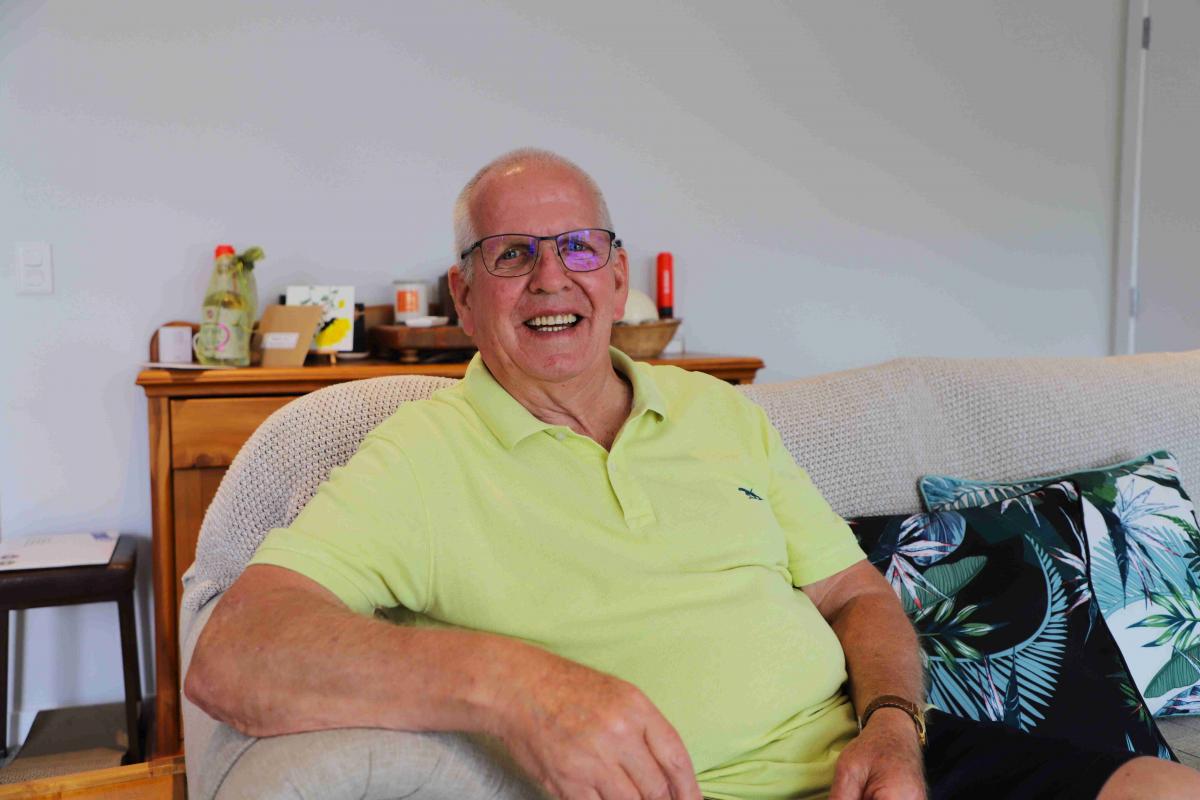
Southern Cross from Neighbourly Nz
A huge thank you to all those who entered our Santa Paws competition - what a joy to see so many festive pets!
And now the competition results you've all been waiting for... We now have our ten winners who will receive a $100 Prezzy® Card:- you can click on their names to see their … View moreA huge thank you to all those who entered our Santa Paws competition - what a joy to see so many festive pets!
And now the competition results you've all been waiting for... We now have our ten winners who will receive a $100 Prezzy® Card:- you can click on their names to see their entries.
Tracey Rose
Julie Chamberlain
Selina Chan
Alexi White
Robert Brumm
Maria Wood
Kerena Davidson
Julie Gregory
Mark Williams
Glen Adams
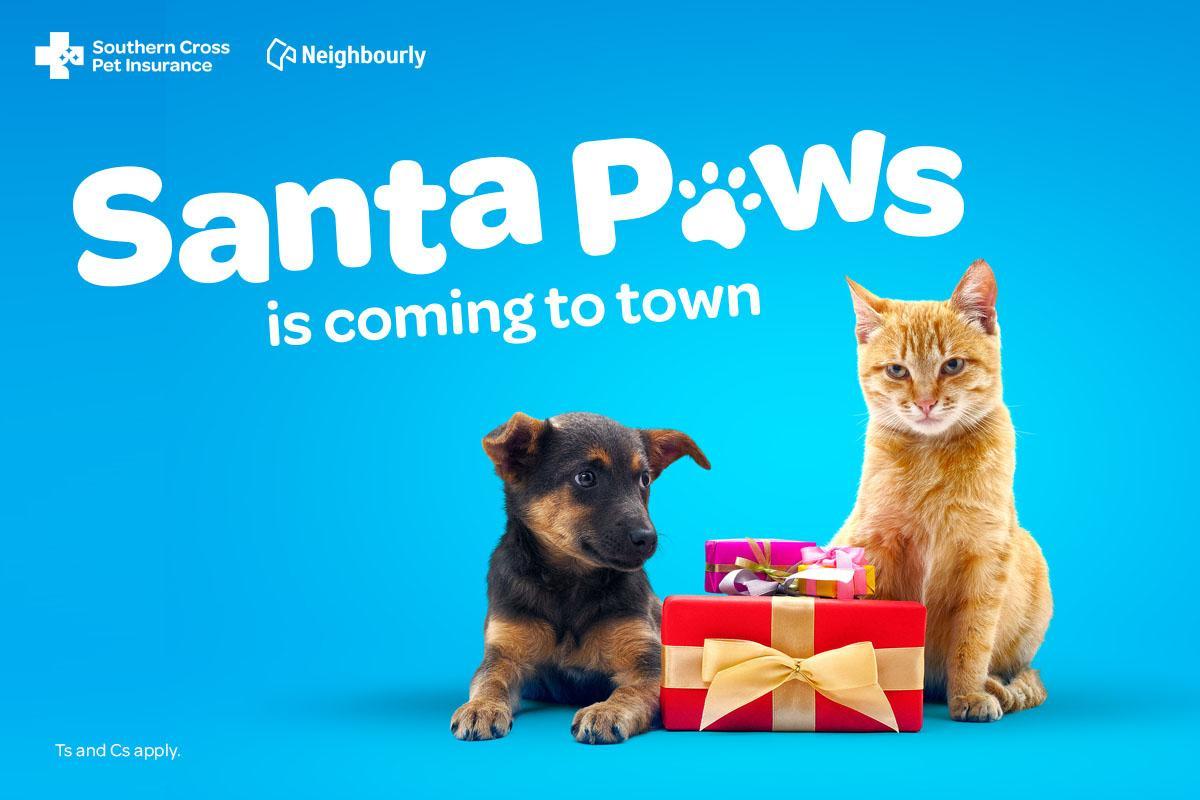
Mei Leng Wong Reporter from NZ Gardener & Get Growing
Dear neighbours, have you got New Zealand’s most amazing shed? If the answer is yes, we want to know! Resene and NZ Gardener are on the hunt for the country’s best shed. Send in your photos and stories behind your man caves, she sheds, clever storage spaces, cute chicken coops and potty potting… View moreDear neighbours, have you got New Zealand’s most amazing shed? If the answer is yes, we want to know! Resene and NZ Gardener are on the hunt for the country’s best shed. Send in your photos and stories behind your man caves, she sheds, clever storage spaces, cute chicken coops and potty potting sheds. The Resene Shed of the Year 2024 winners will be announced in the April 2024 issue of NZ Gardener, and the winner receives more than $2500 worth of prizes.
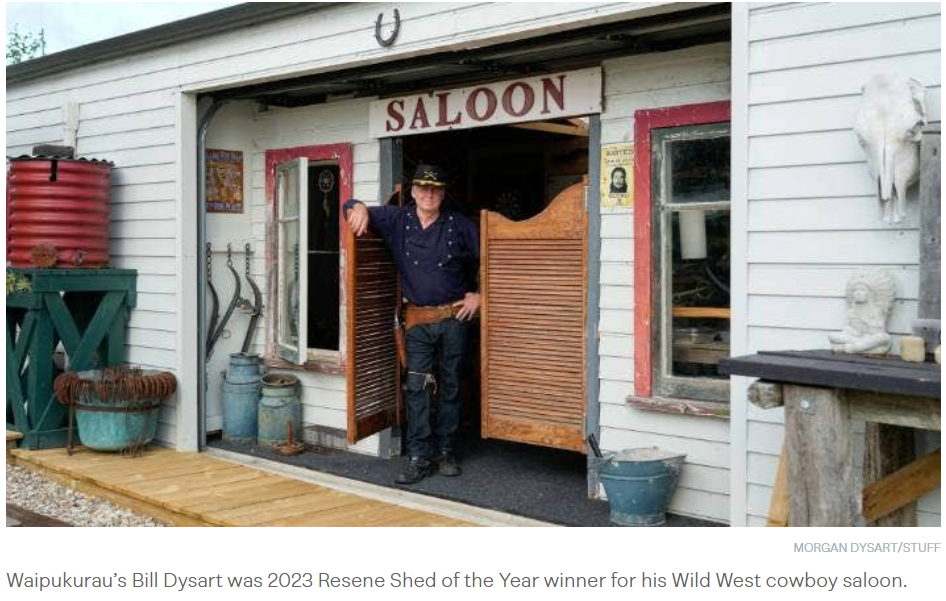
For only $15 a ticket, you could be in to win this brand-new, fully furnished Jennian home in Clarks Beach, Auckland worth over $1 million.
Featuring three bedrooms, two bathrooms and an open-plan kitchen, living and dining area, this home is waiting to be loved by its new owners.
Make this … View moreFor only $15 a ticket, you could be in to win this brand-new, fully furnished Jennian home in Clarks Beach, Auckland worth over $1 million.
Featuring three bedrooms, two bathrooms and an open-plan kitchen, living and dining area, this home is waiting to be loved by its new owners.
Make this property your permanent residence, a holiday home, rent it or even sell it! Don’t forget, tickets also make great gifts.
Celebrate the Heart Foundation’s 30th Birthday Lottery and get your tickets today.
Buy tickets now
Henry from North Dunedin
Handcrafted in my home workshop, these frames tell a story as unique as the beer they once cradled. Each piece is made from reclaimed ABC beer crates, each with their own tale to tell. The timber, weathered and unique, has been sealed with polyurethane to preserve that character.
I'm a … View moreHandcrafted in my home workshop, these frames tell a story as unique as the beer they once cradled. Each piece is made from reclaimed ABC beer crates, each with their own tale to tell. The timber, weathered and unique, has been sealed with polyurethane to preserve that character.
I'm a descendant of Charles Greenslade, one of Speight's original founders and the original maltster. So, there's a touch of Dunedin's brewing history in every frame.
Perfect for decking out your man cave, home bar, garage, or even spicing up the living room (I won't stop ya).
Dimensions are 1020x570mm.
Happy to drop off around Dunedin or swing by Ravensbourne for pickup. Get a slice of Dunedin's history with a touch of my family's legacy. Cheers!
Poster, Print, Art, Picture, Recycled, Beer
Price: $160
The Team from NZ Compare
Dive into the quintessential Kiwi summer with sparkling beaches, iconic Pohutukawa trees, and the aroma of a classic sausage sizzle!
Explore Aotearoa's hidden gems and popular spots that captivate both locals and tourists during the scorching summer season.
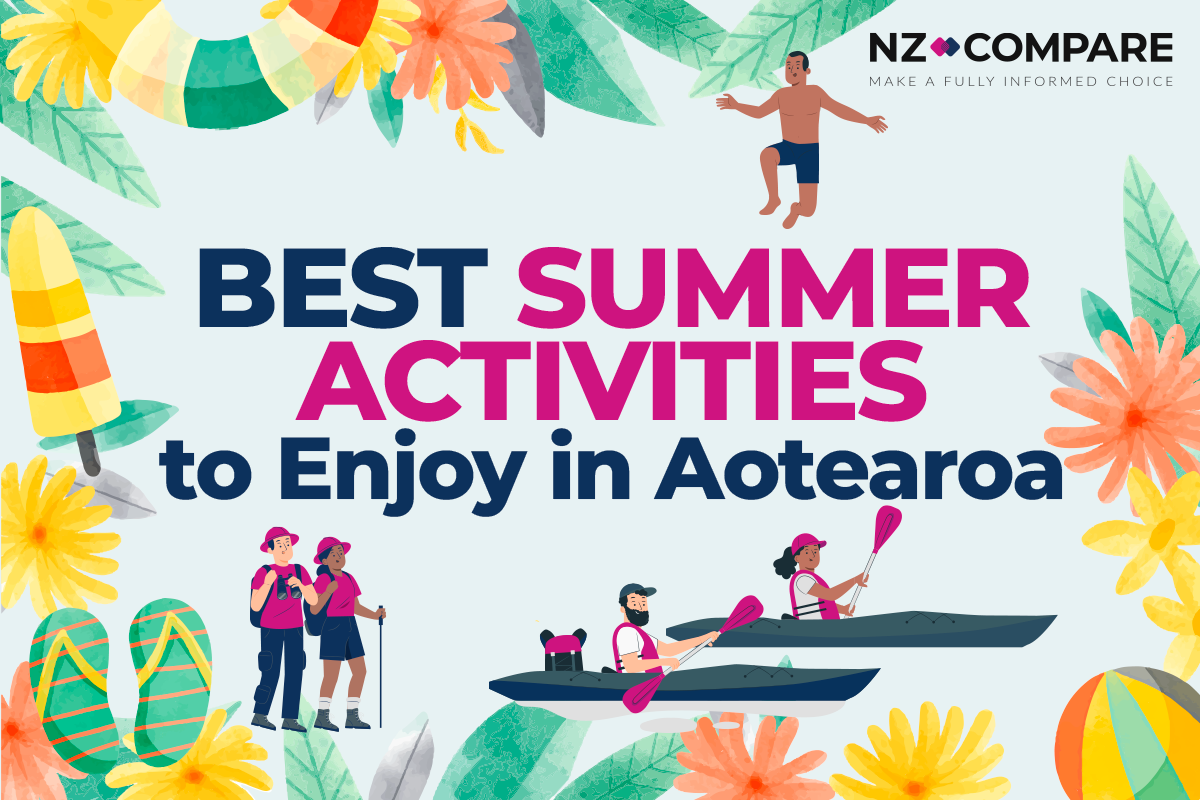
Frances Hodgkins Retirement Village
Welcome to the second of this series of articles dedicated to helping you to downsize, declutter and rightsize your life, brought to you by Ryman Healthcare in conjunction with organising and decluttering expert Peter Walsh.
This time we are tackling one of the more challenging aspects of … View moreWelcome to the second of this series of articles dedicated to helping you to downsize, declutter and rightsize your life, brought to you by Ryman Healthcare in conjunction with organising and decluttering expert Peter Walsh.
This time we are tackling one of the more challenging aspects of downsizing – what to do with gifts and heirlooms. Whether you need to free up space in your own home or are helping someone else to downsize, this is a task that can feel daunting and emotionally charged.
Although it might be tempting to box everything up and hide it away to deal with another day, that just passes the problem down the road to your future self or to your family.
Fortunately, there are ways to downsize gifts and heirlooms that honour and remember the past whilst enabling you to rightsize your life for the present day.
Click to read more.
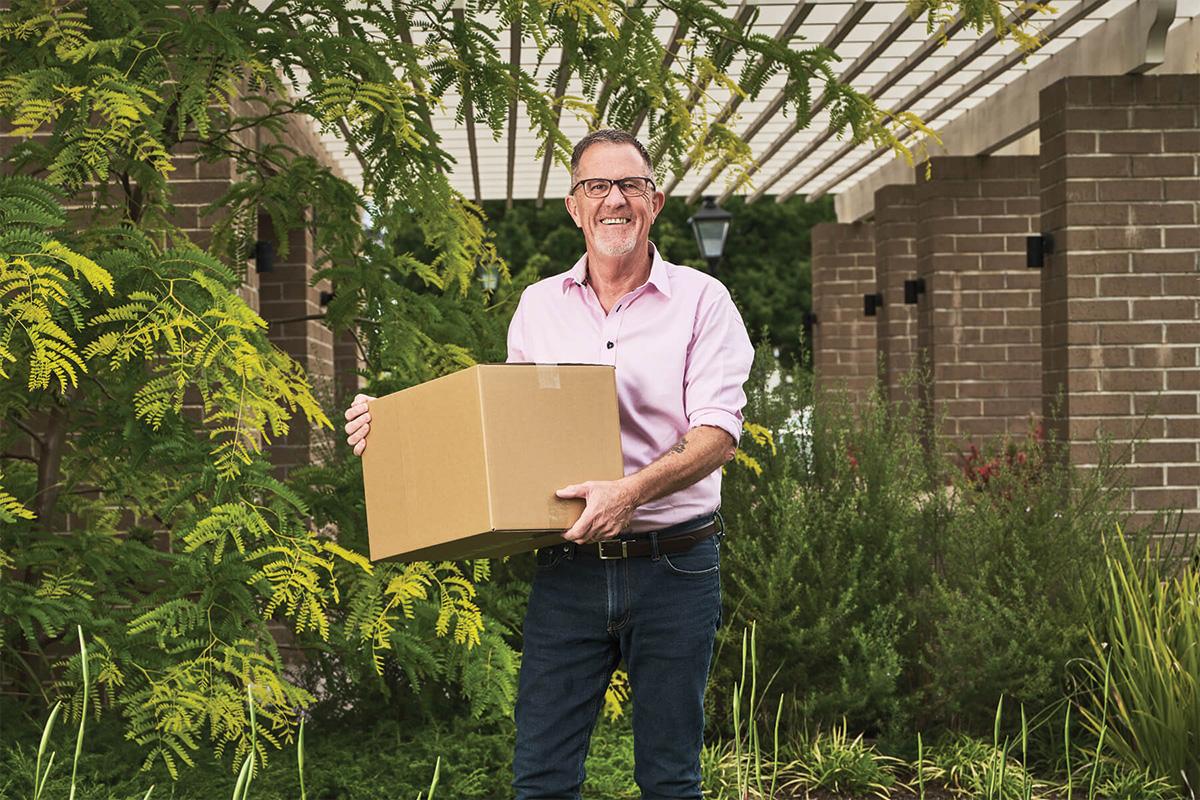
For only $15 a ticket, you could be in to win this brand-new, fully furnished Jennian home in Clarks Beach, Auckland worth over $1 million.
Featuring three bedrooms, two bathrooms and an open plan kitchen, living and dining area, this home is waiting to be lived in and loved by its new owners. … View moreFor only $15 a ticket, you could be in to win this brand-new, fully furnished Jennian home in Clarks Beach, Auckland worth over $1 million.
Featuring three bedrooms, two bathrooms and an open plan kitchen, living and dining area, this home is waiting to be lived in and loved by its new owners.
Make this property your permanent residence, a holiday home, rent it or even sell it – it could be all yours! Don’t forget, tickets also make great gifts.
Celebrate the Heart Foundation’s 30th Anniversary Lottery and get your tickets today!
Get tickets now

The Team from Resene ColorShop Dunedin
Breathe new life into an old wooden cabinet with Resene paints. Find out how to revamp your own with our handy advice.

The Team from NZ Compare
Looking to unwind and recharge these holidays?
We've compiled the top summer holiday movies on Netflix, Disney+, Amazon Prime, and Neon for the festive season. CLICK below to explore!
Also, we've got the scoop on broadband providers offering free subscriptions to these streaming … View moreLooking to unwind and recharge these holidays?
We've compiled the top summer holiday movies on Netflix, Disney+, Amazon Prime, and Neon for the festive season. CLICK below to explore!
Also, we've got the scoop on broadband providers offering free subscriptions to these streaming services just in time.

 Loading…
Loading…
Are you sure? Deleting this message permanently removes it from the Neighbourly website.
 Loading…
Loading…
© Neighbourly 2026
